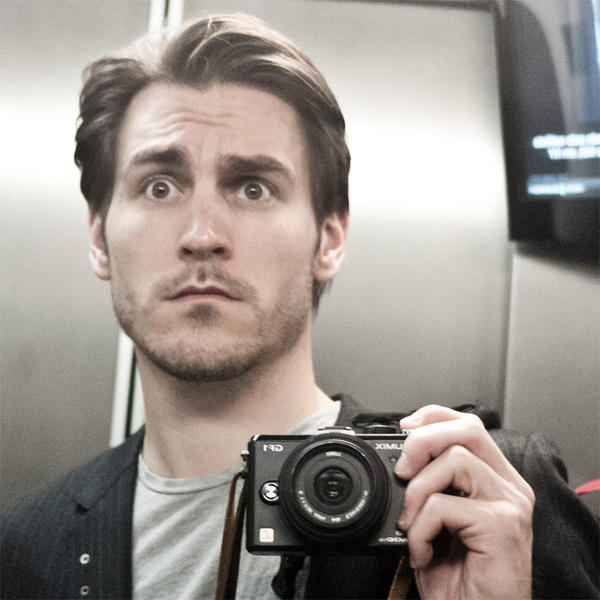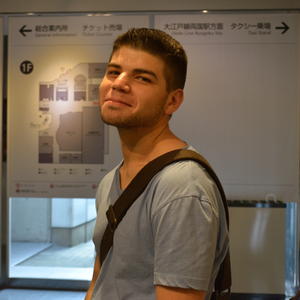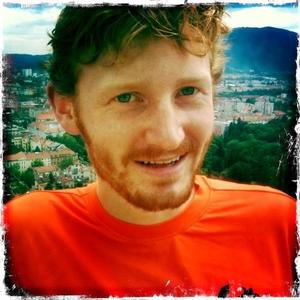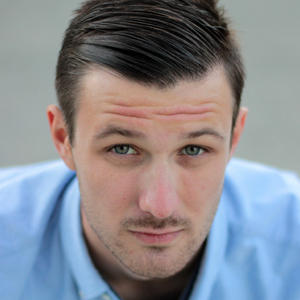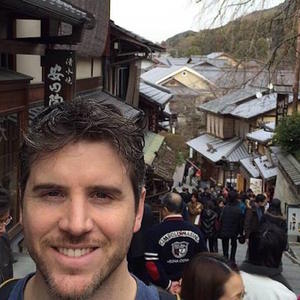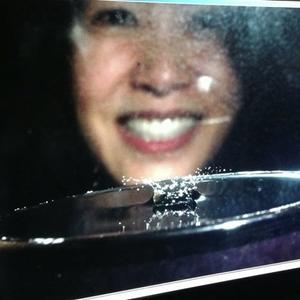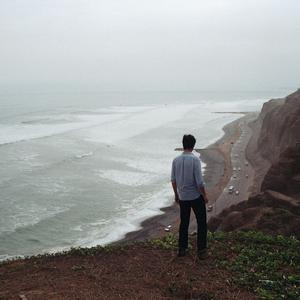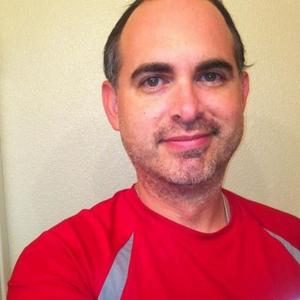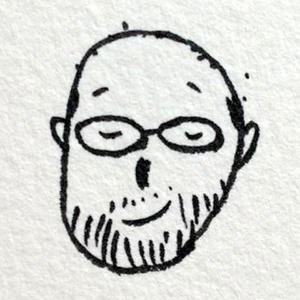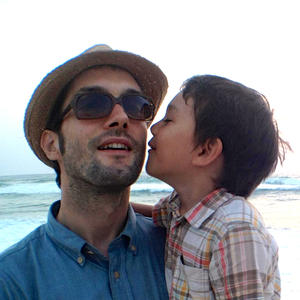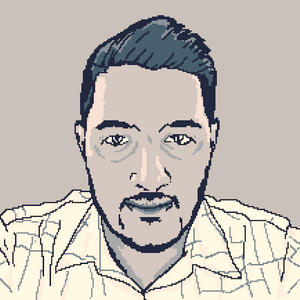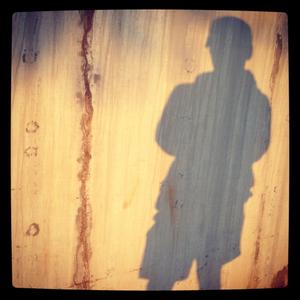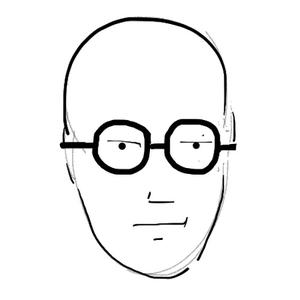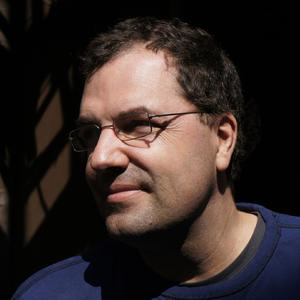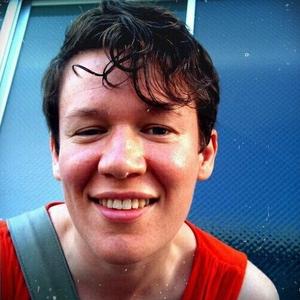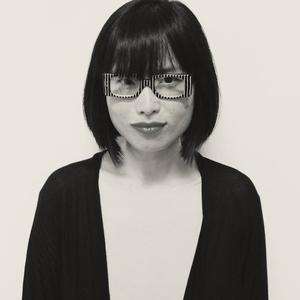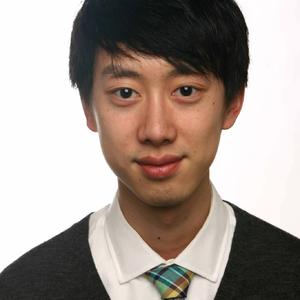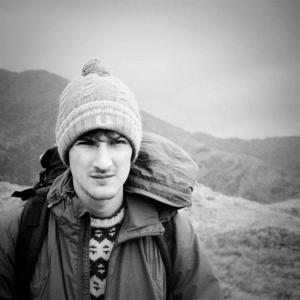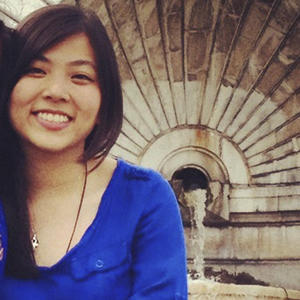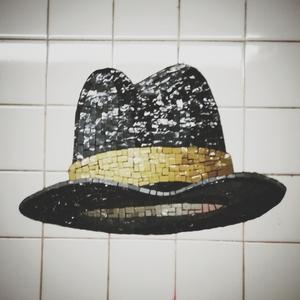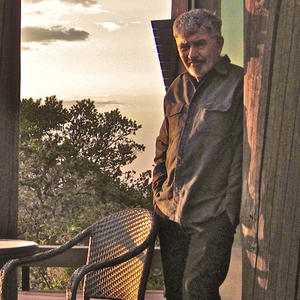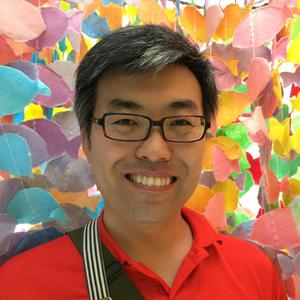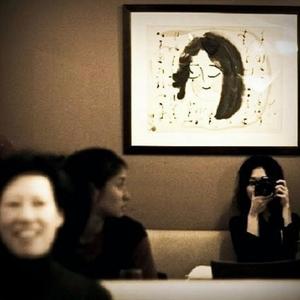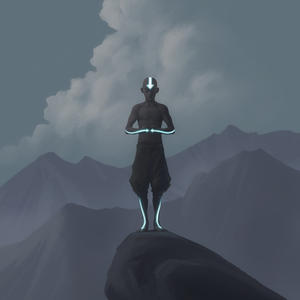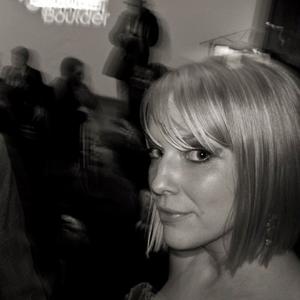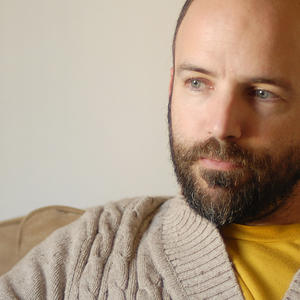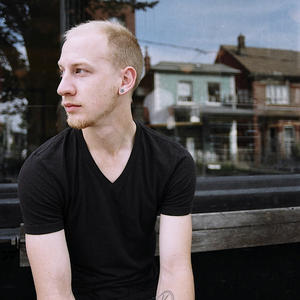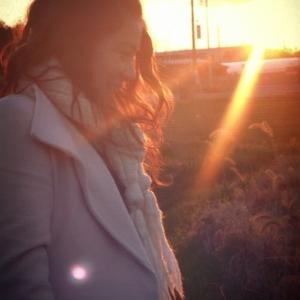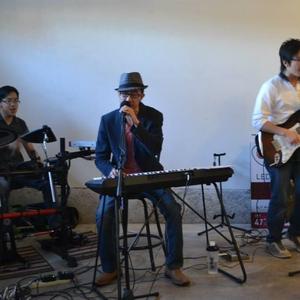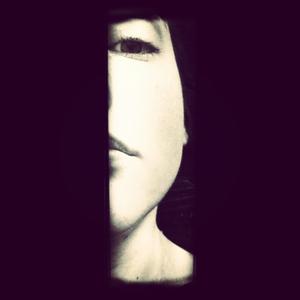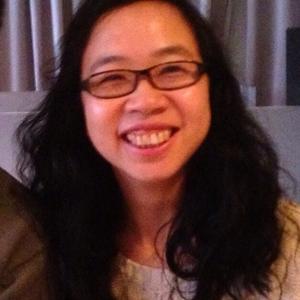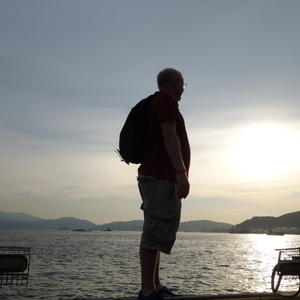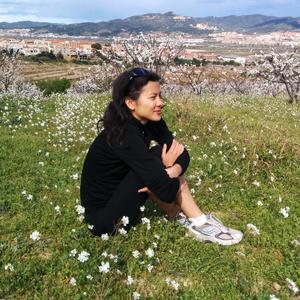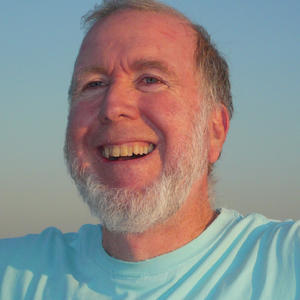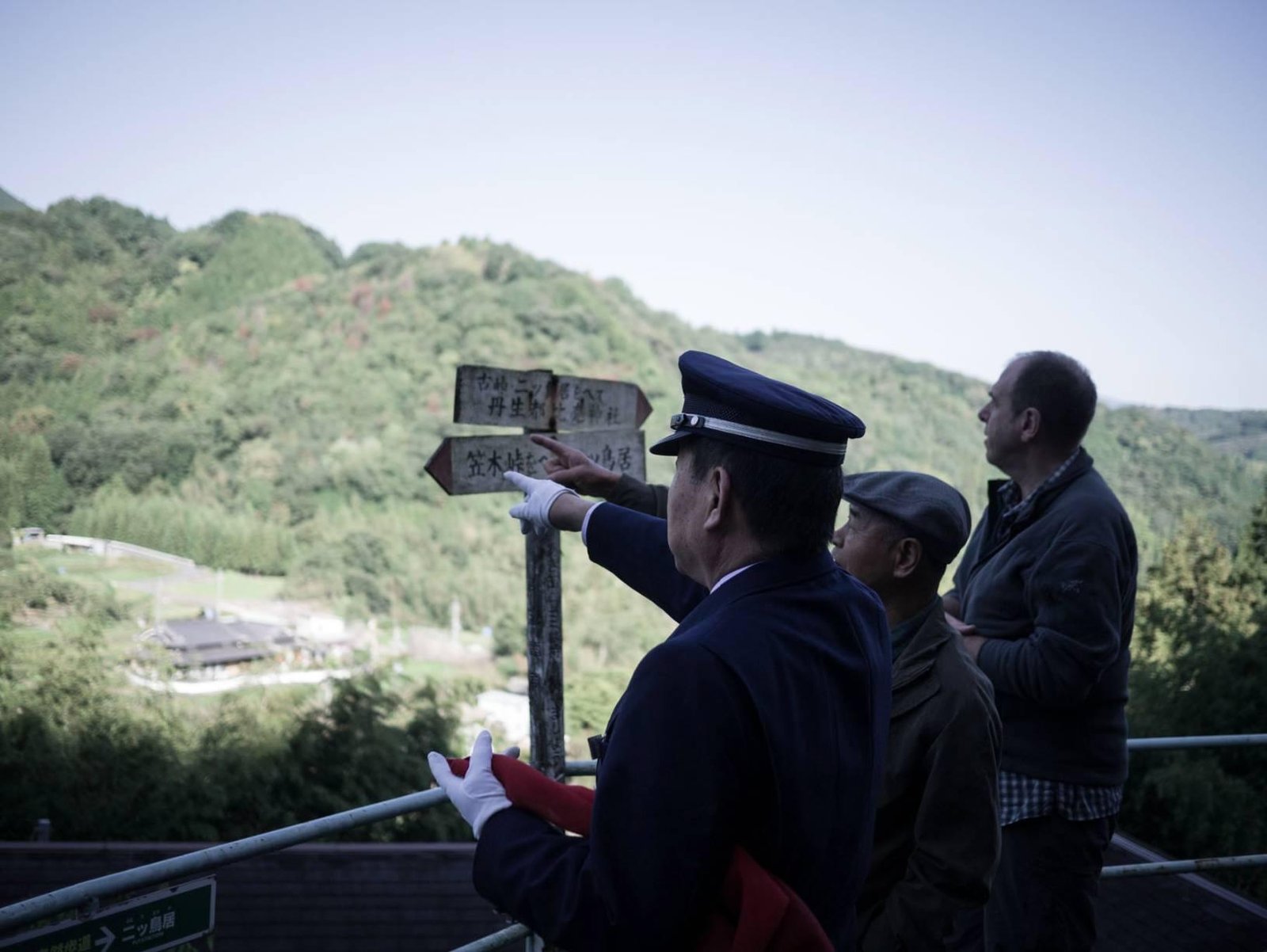
Wayfinding to the trailhead
October 28th, 2013, 9am in Kudoyama, Japan
The expectation is that we don't speak Japanese. The expectation is we're from somewhere else — always elsewhere, never nearby. We're from somewhere else and we'll barely be able to communicate.
We see this manifest as fear in their eyes in the approach. Not fear of our approach itself, but fear of difficult communication. And so it begins with them shouting, worriedly, in broken English as we walk to them. Map! Route down! Toilet! they bark, pointing wildly, hoping it'll be enough to get us to move on.
But expectations and truths don't always align.
You see, we speak Japanese. Not just basic Japanese, but full-blown, thoughtless, ephemeral-chemical-reaction-in-the-brain to flapping-mouth-making-the-right-noises — no translation in between — Japanese. But technical fluency is only a small part of this story.
We greet the fearful in their own language. Quickly, almost instantly, their eyes change. They loosen up. That fear melts away to reveal a curiosity opening the door for the John Effect to kick in.
I didn't realize it at the time, but the two men in this photo above would be the first of dozens of Japanese whom John would win over during the course of our trip. By "win over" I mean that by the time we said goodbye to them, they had been changed. Not just befriended, but delighted, made to feel special, lighter.
The John Effect is named after its inventor, John, one of the two with whom I traveled. I will teach it to you. It is not complicated. Yet it requires years of study.
It begins simply. Speak only the most basic Japanese with a hint of a foreign accent. There is no attempt to impress (there is never an attempt to impress with the John Effect, that's what makes it so effective). The Japanese are put at ease. They say, Oh, your Japanese is good! As they do to anyone who speaks a semblance of the language, broken or pidgin or otherwise.
This is when the John Effect deviates from the effect of most normal travelers — native or foreign. Slowly, you bring the surroundings into the conversation: Oh, what a beautiful rooftop you have, you say. About thirty years old? This is cedar wood, yes? Curious jointery that — by chance a Sumiyoshi double tenon? I thought so. Or history: Which Nanban period shogun was born here again? Or religion: What's the name of the plant you have on the temple wall over there? (Sakaki, in case you're wondering.) Or technical: What's the actual meterage between each ichiri marker on this pilgrimage path?
If you execute this with nonchalance it becomes a social aikido move of the highest order. With each question or comment — existing in an odd space of erudite small-talk — the conversation partner's mind shifts to another gear entirely. Their brow furrows. If they happen to be historically competent, together you dive into tracing and retracing historical lines, rummaging through any number of emperor and shogun names, the lineage of important families, powerful samurai, unifiers, those who thought to burn down Kyoto and other cities, those who did, families who were murdered, fathers who ritually murdered their own families ultimately taking their own lives as the enemy approached. You trace Japanese tea ceremony beginnings. The evolution of certain Buddhist sects.
If the conversation partner doesn't have that kind of knowledge then the John Effect moves into effusive praise. At an inn, the interior may be described (in Japanese) as glorious or sublime or tremendous or terrific or stunning or elegant or sophisticated or cultivated. The food as succulent, finger-lickin'-good, flavorful or exquisite. Not just "nice." Not just "good." But spectacular. Truly.
Executed properly, those you meet won't want to stop talking. They have court with a curious and rare creature and they want to continue the interaction.
I partook in no John Effection, was simply an inspired observer. After all, the John Effect requires the most poetic knowledge of a mildly obscure foreign language, and an encyclopedic inventory of a culture's history, architecture, and fine art. As I said — worlds beyond basic technical competency. In other words, the John Effect is a proxy for the powerful combination of focused mastery and gracious deployment of whatever it is that is mastered. In this case, it's a heartfelt and deep, laser sharp curiosity of a people and culture.
When we finally ply ourselves away from our conversations — Oh, we must really continue walking now, thankyousomuch! — those whom we met are no longer barking English words of deflection. They are smiling. They say, differently now, Your Japanese is good. The intonation has shifted register and you realize they're no longer referring to just language. They wish us well, and when we turn around to wave one last time, fifty paces out, they are bowing, and I feel moved to have been witness to this powerful transformation, and delighted to be on this journey of expectations defied.
